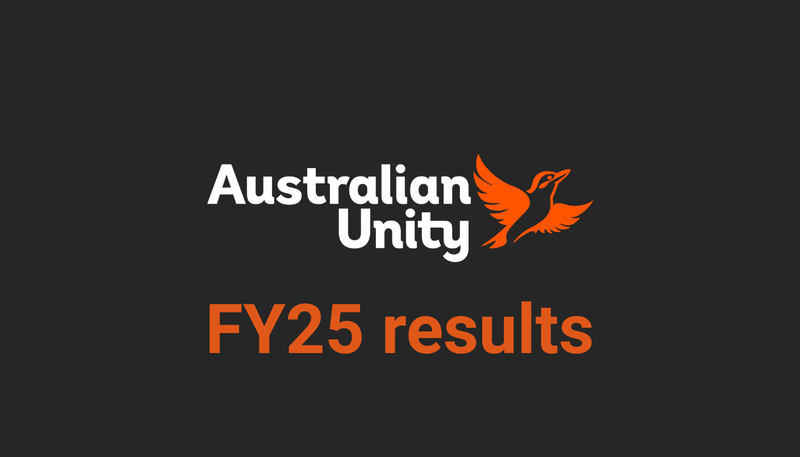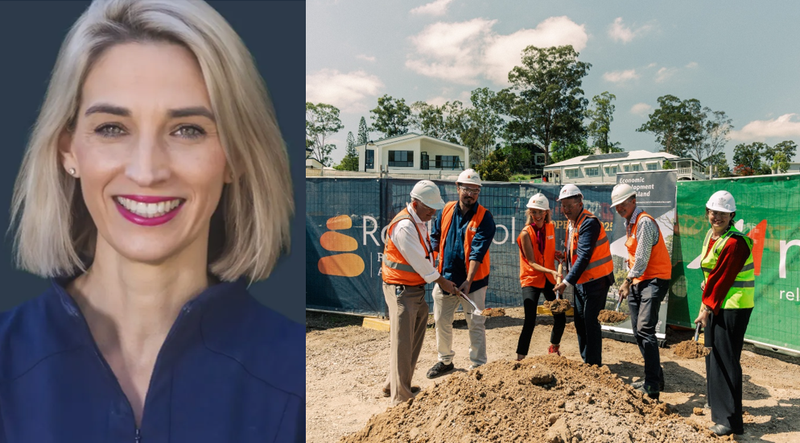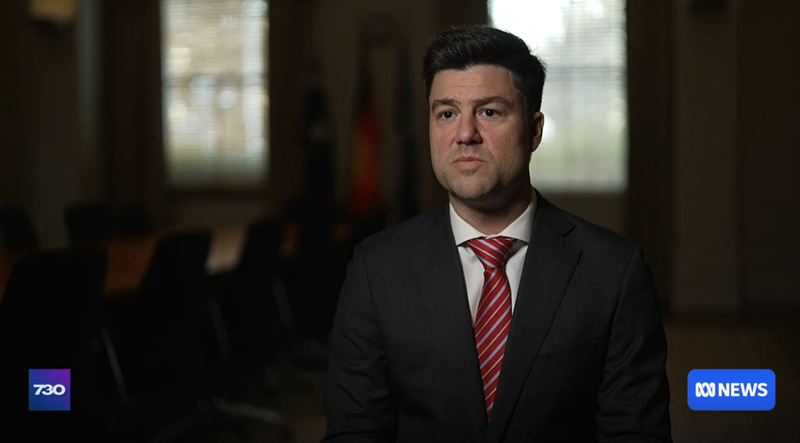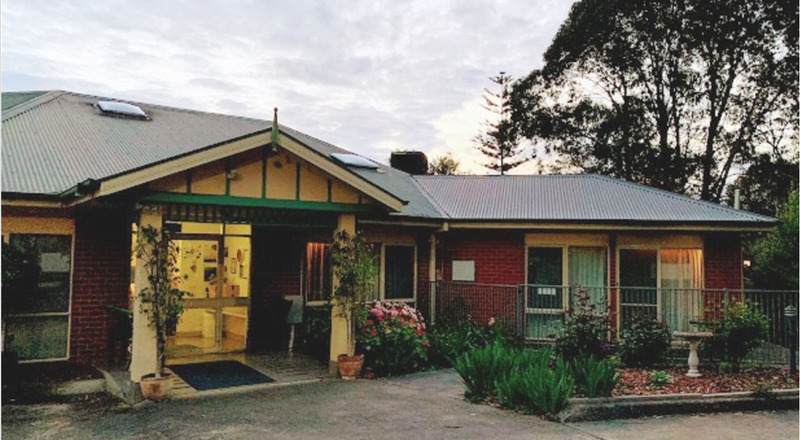The LDK Way: why culture is king for this retirement village operator
LDK Seniors’ Living is regarded as having one of the best workforce cultures in the industry – what’s their secret? Workforce turnover across the aged care and retirement living sectors is high. Operators are constantly running on a treadmill...
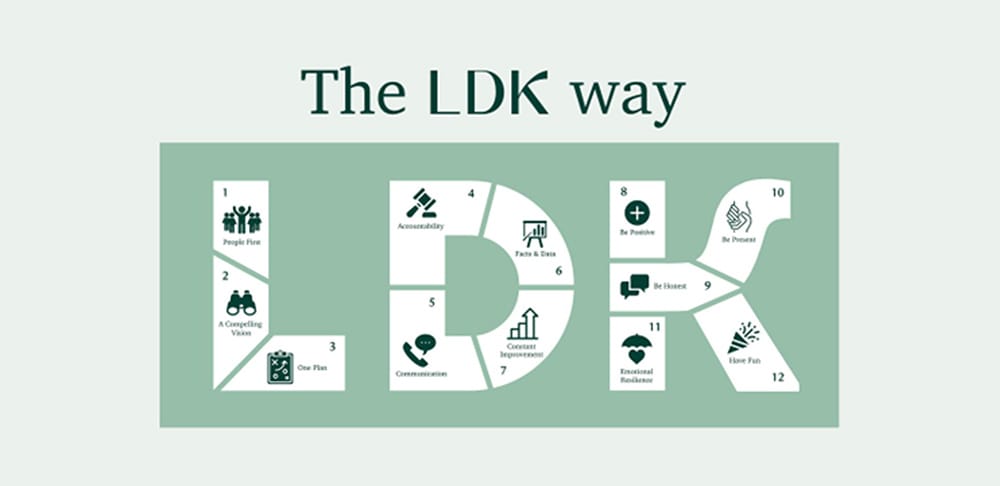
LDK Seniors’ Living is regarded as having one of the best workforce cultures in the industry – what’s their secret? Workforce turnover across the aged care and retirement living sectors is high. Operators are constantly running on a treadmill of trying to recruit new staff to their businesses. This focus on the hiring process often comes at the expense of retention – most aged care turnover happens in the first six months of employment. Using new technology to determine if prospective staff are the right fit for your organisation can help to reduce these figures. But operators need to deliver a workplace environment that makes staff want to stick around – and perform at their best.
“Culture is really what defines us”
Private aged care operator LDK Seniors’ Living is one of the most successful startups in the senior living sector. Founded by village veteran Paul Browne, the operator now has three villages under its ‘One Move Promise’ model – Greenway Views and the under-construction Amberfield in Canberra and The Landings in Sydney with plans to expand to 3,000 village apartments in the medium term. Today, LDK invests heavily in both its 400-plus village and aged care staff who deliver over 10,000 service hours every month. Their latest staff engagement survey – which had an 80% participation rate – recorded an average of 4.3 stars out of five with 4.1 the lowest score which CEO Byron Cannon credits to their strong culture.
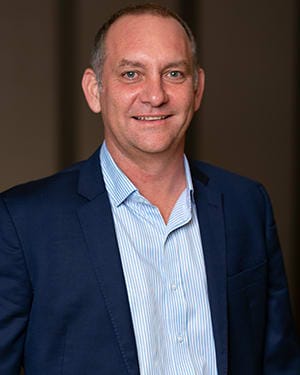
“Culture is really what defines us,” he told SATURDAY.
“It’s one of the cornerstones of our business and we call it out as one of the differences between LDK and what others do.”
So, what are they doing differently?
Setting out values and behaviours
LDK has ‘The LDK way’ which sets outs its values and behaviours that staff are then trained in. “Culture is its simplest sort of formula is values times behaviours,” said Byron. “If you define those and make sure everyone in the business knows them, then they are not just a poster on the wall.” The operator opens every meeting from executive level down to village management level with an LDK story. “We share good experiences we had with residents or things that we saw a team do,” explains Byron. “It brings us all back always to why we’re here and that’s for our residents. There are also team channels where staff can share stories about residents, with many stories remembering those that have passed away.
Recognise and reward
Byron also points to consistency, in both behaviours and recognition and rewarding of staff, as key. The LDK Larry Award, named after a garden gnome that was found in the rubble of Greenway Views when it was under construction, is now awarded to one team member every month. “It’s actually the only award that we give,” he said. “It’s for the person that demonstrates the values of love, decency and kindness the best in that month, and it’s voted on by their peers and the management.” Staff are also recognised with awards for LDK’s trademark behaviours every quarter with other staff voting for the winner – reinforcing those values.

Invest in leadership
Offering opportunities for learning and development above and beyond the usual training is also key to LDK’s employee value proposition. The group established its own LDK Academy three years ago to offer mandatory training as well as full-time clinical educators to train staff in areas such as dementia care, palliative care and gerontology. LDK also invests in business coaching for its emerging and current leaders through facilitated sessions with external coaches and consultants, and hosts a leadership retreat every year with an external facilitator. “We found, like any other business, the more leadership that you have, the more that your culture will continue to grow organically,” said Byron.
Be prepared to ‘hire and fire’
Given the staff shortages in aged care, there is a temptation to take on anyone who applies for a role. “We have the opposite philosophy,” said Byron. “We are ‘right people, right role, right time’ and we do hire and fire too.” Internal data now shows that their culture has strengthened from three years ago on the back of this approach. “Talent attracts talent,” he added. “Once you have the right person in place, you will attract more talent.”

Focus on career pathways
Identifying those staff that want to progress to other roles and focusing on internal promotion where possible is also key to LDK’s workforce development. A recent role at one of their villages attracted six internal candidates – but in a positive example, the other candidates were the first to congratulate the successful candidate.
Act on staff feedback
Having an open feedback program where staff can raise issues is also important. Six months ago, LDK identified from its staff that its recruitment orientation and onboarding processes needed work. “We listen to our leaders on the ground, and they tell us what they need,” said Byron. “We then shape our priorities to make sure that we can support them as best that we can.”

Tap into your existing talent: your residents
At the end of LDK’s leadership retreats, they always close with a panel session with village residents who were leaders in their field. “The feedback we have is that they are the most powerful sessions to the point where we have a number of our staff reaching out to residents for informal mentoring and buddy-type systems,” concluded Byron. “There’s a huge amount of talent living in all of our villages that we operate around Australia, and it demonstrates that leadership transcends generations and industries.”
SATURDAY: Culture is not a ‘set and forget’ – it needs to be treated like any other part of your business, with formal processes in place to ensure that it remains a priority from the top down.



